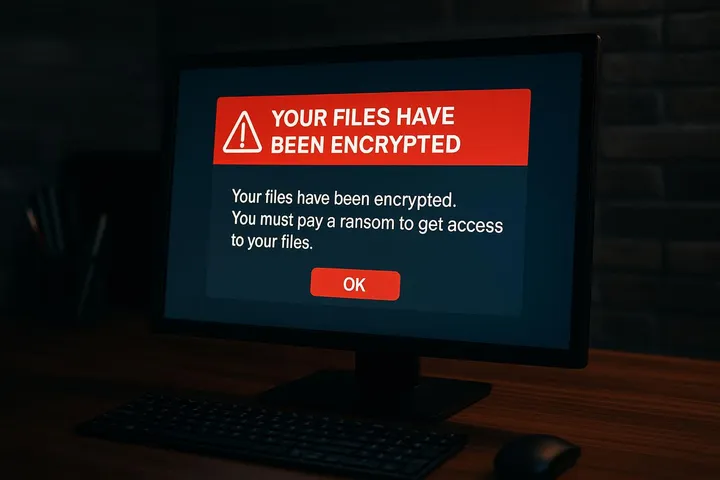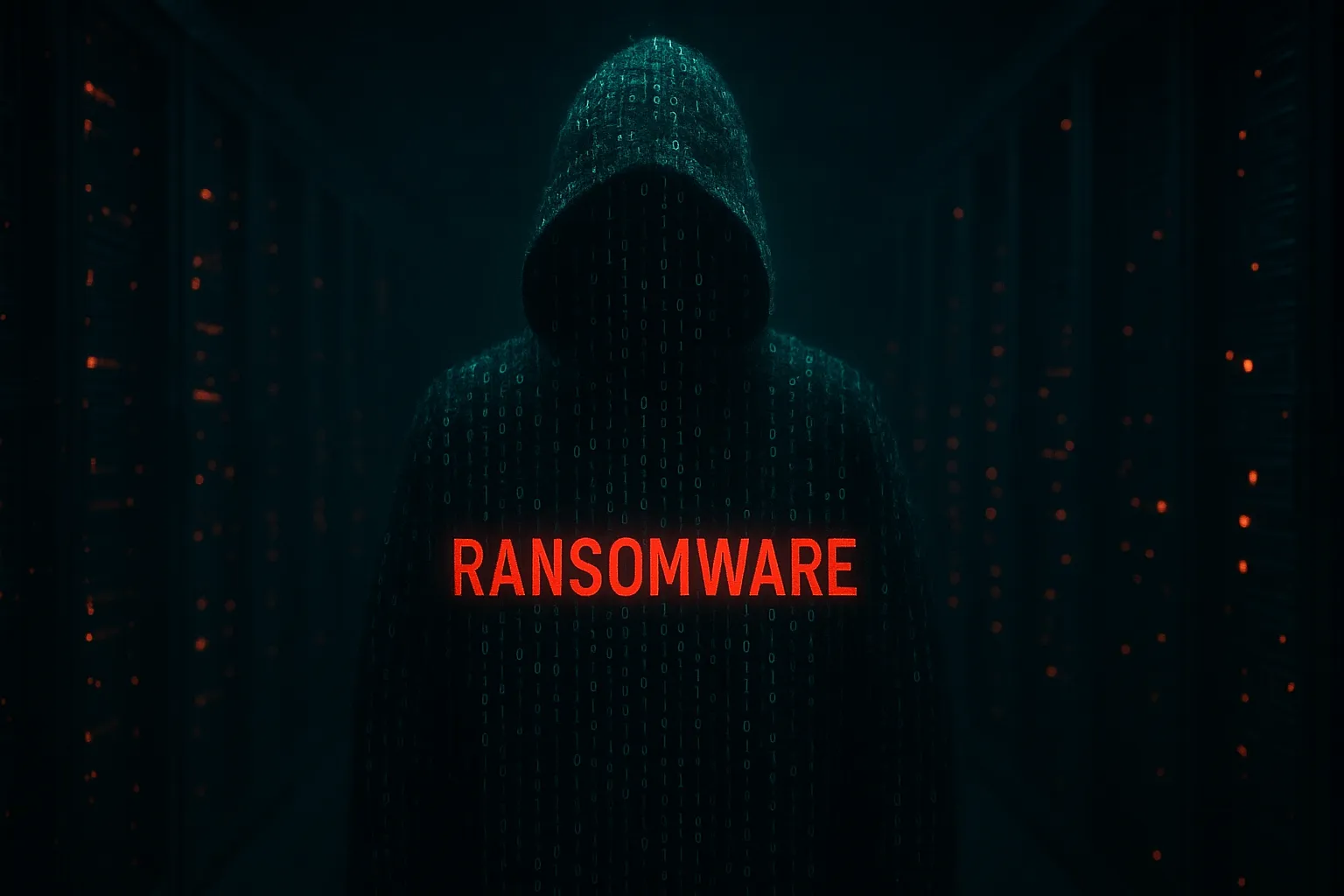Immutable Backups: Your Best Defense Against Ransomware in 2025

Immutable backups are the single most reliable defense against today’s fastest-growing cyber threat: ransomware. If you think that only big corporations or poorly protected networks are at risk, think again. In just the past month, Marks & Spencer, a 2,000-doctor hospital in Ohio, and a major Japanese freight company have all fallen victim to ransomware attacks.
Ransomware is no longer a theoretical concern — it's a business continuity crisis. It caused over $3 billion in damages in 2024, according to Kaspersky, and affects every sector: from retail and logistics to education and, most dangerously, healthcare.
The Real Cost of Ransomware
Take Kettering Health, an Ohio-based hospital network. In May, a ransomware breach shut down systems across 14 facilities, crippling call centres and disrupting care. Online procedures were canceled. The organization scrambled for weeks just to return to basic operations.
Marks & Spencer, meanwhile, saw its entire e-commerce site knocked offline — a huge blow for a retail giant that depends on digital sales. And for Kintetsu World Express, the second attack in just a year affected logistics across over 30 global markets.
Why Attackers Go After Backups
When ransomware hits, the goal isn’t just to lock your files — it’s to destroy your ability to recover. That’s why many attackers now target backups first, especially if they're stored on the same network as your primary data.
Even backups that are properly configured can still be deleted or encrypted unless they're protected by immutability.
What Makes Immutable Backups So Powerful
Immutable backups are copies of data that cannot be altered, deleted, or encrypted for a defined retention period. Not by hackers. Not by employees. Not even by administrators
This creates a tamper-proof recovery point that remains intact no matter how deep the breach goes. Whether you’re hit by malware, insider sabotage, or social engineering attacks, immutable backups ensure your business has a clean copy to restore from — every time.
How It Works
- Uses WORM (Write Once, Read Many) storage
- Data is locked for a fixed period (7, 30, 90 days etc)
- Cannot be changed or deleted during that time
- Available on object storage, on-prem systems, or hybrid setups
Who Needs Immutable Backups?
- Hospitals and healthcare providers
Ensure patient data is safe and care isn’t disrupted
- Financial institutions
Prevent fraud and ensure data retention for audits
- Retail and e-commerce
Protect online revenue streams from going dark
- Global logistics and manufacturing
Maintain continuity across complex, multi-country operations
Immutable Backups Done Right — Without the Hyperscaler Price Tag
At SpaceTime, we offer cost-effective immutable backup storage for companies handling 10 TB or more of business-critical data.
Unlike cloud giants that lock you into expensive plans, we deliver:
- Affordable monthly pricing
- Hybrid and on-prem options
- Fast setup and support
- Secure data sovereignty
Let’s make your backups unbreakable.
Contact us now for a free immutable backup review.



